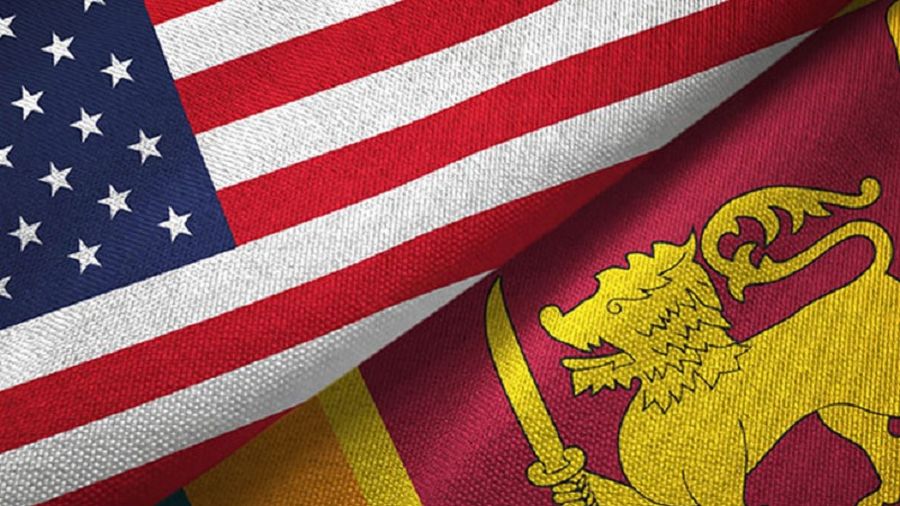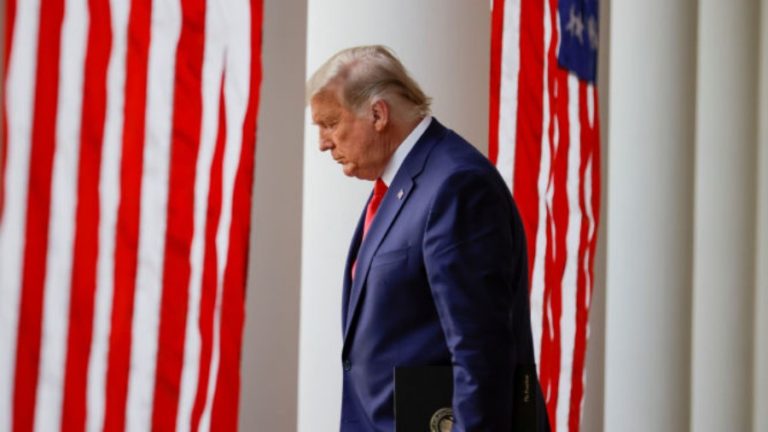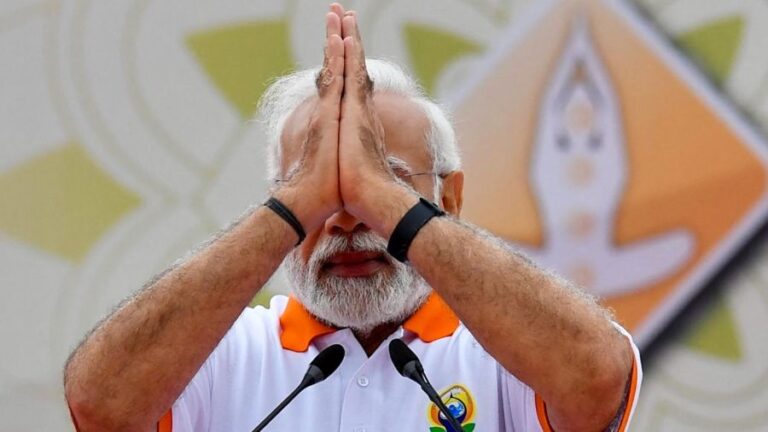Sri Lanka Is the Latest Victim of the US’ “South Asian Spring”
The Hybrid War modus operandi being employed by America is to prompt an economic crisis to cover up the preplanned regime change campaign that it’s launching against non-aligned governments across the Global South as punishment for their independent foreign policies.
The “Global Pivot State” of Pakistan just narrowly thwarted the US’ regime change campaign against Prime Minister Imran Khan that was launched against him as punishment for his independent foreign policy but nearby Sri Lanka has since turned into the latest victim of America’s regional Hybrid War. This island nation is in the throes of a major crisis that was officially triggered by the recent exacerbation of its economic challenges but which arguably really comprises the latest front of the “South Asian Spring”.
US Assistant Secretary for State for South & Central Asian Affairs, who was just exposed by Prime Minister Khan as the American official that conveyed his country’s regime change threat against him last month, is on video testifying that he called the Sri Lankan Ambassador earlier in the morning following Colombo’s refusal to vote against Russia at the United Nations. The island nation’s principled neutrality towards Moscow’s ongoing special military operation in Ukraine obviously riled Washington.
Dr. Darini Rajasingham-Senanayake, a Sociocultural and Medical Anthropologist based in Colombo, published an informative piece on Monday titled “South Asia’s Arab Spring: Protests Amid Hybrid Economic War in Pakistan and Sri Lanka”. She compellingly argues that her country’s latest crisis was engineered by the US exactly like Pakistan’s was in order to punish those countries that have remained non-aligned in the New Cold War.
Her strategic assessment is sensible because it’s indeed in the US’ interests to make examples out of those Global South states that defy America’s attempt to reassert its declining unipolar hegemony. Economic and financial warfare are waged in order to create the “publicly plausible” conditions for justifying political opposition to incumbent multipolar governments. It’s no coincidence that members of the ruling Sri Lankan coalition are now defecting exactly as those from the Pakistani one recently did.
The modus operandi being employed by America is to prompt an economic crisis to cover up the preplanned regime change campaign that it’s launching against non-aligned governments across the Global South as punishment for their independent foreign policies. South Asia is immensely strategic for US interests since it sits at the center of the Eastern Hemisphere within which multipolar processes are rapidly converging. The destabilization of Pakistan and Sri Lanka is also meant to destabilize India.
That’s because this Great Power is the most influential non-aligned country in the world apart from China. The installation of pro-American governments in Pakistan and Sri Lanka could lead to them hosting US bases. In the first scenario, this could embolden so-called “anti-Indian hawks” within that country’s “establishment” to violate the year-long ceasefire that’s surprisingly held thus far, while in the second, potential US naval bases could put pressure on India’s Sea Lines Of Communication (SLOC).
India remains committed to the Quad’s officially friendly raison d’être of comprehensively cooperating with its American, Australian, and Japanese partners in pursuit of shared interests that aren’t advanced at any third parties’ expense but is reluctant to joint their unofficial military goals of “containing” neighboring China. This has especially been evidenced following the reassertion of India’s strategic autonomy after relations with the US became complicated from summer 2020 onward.
That South Asian state’s role in serving as a valve from US-led Western pressure on Russia and thus maintaining the Eurasian balance of influence between those two and China, which collectively comprise the Russia-India-China (RIC) core of the emerging Multipolar World Order, is unforgivable from the perspective of America’s zero-sum unipolar hegemonic interests. One can thus conclude that the regime change campaigns against Pakistan and Sri Lanka also aim to destabilize India’s periphery by proxy.
Each of these regime change crises are proceeding according to the same template and in pursuit of the same geostrategic goal. They represent a coordinated Hybrid War by the US on South Asia, which in turn suggests that India might actually be the ultimate target. Be that as it may, the BJP remains genuinely popular as proven by the outcome of the latest assembly elections in five states, especially its most populous state of Uttar Pradesh.
The US has already largely succeeded in dividing South Asia by pitting its countries against one another across the past decade through various Hybrid War schemes, but it hasn’t yet succeeded in ruling them. The inevitable solution for restoring regional stability is for these states, some of which like India and Pakistan are heated rivals, to sincerely work towards restoring the South Asian Association for Regional Cooperation (SAARC) that used to serve as this part of Eurasia’s integration platform.
Regional problems require regional solutions in the emerging Multipolar World Order, without which self-interested extra-regional powers like the US will exploit preexisting disputes to divide and rule those same regions. While it’ll be politically difficult to revive SAARC, the region’s trusted Russian partner could potentially support these efforts by mediating between various parties upon their request. It’s incumbent that this bloc returns to functioning as soon as possible in order to stabilize the region.
The longer that SAARC remains dysfunctional, the more likely it is that the US will pick off each of its members one-by-one, or at least continue trying to via the Hybrid War modus operandi that was described in this analysis for advancing its “South Asian Spring” regional regime change scenario. Political instability of the sort that was just provoked by the US in Pakistan and Sri Lanka harms everyone’s interests so they should all work towards reviving SAARC in order to help one another.







